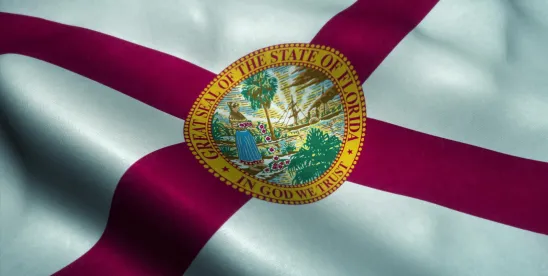Florida’s most recent legislative session introduced a series of changes impacting condominium and cooperative associations aimed at increasing transparency, accountability, and safety.
Stricter Licensing Rules for Community Association Managers
Community association managers (CAMs) are now required to maintain an active license with the Department of Business and Professional Regulation (DBPR), which includes keeping their information up to date regarding the associations and firms they represent.
If a CAM’s license is revoked, they are prohibited from owning or working for a management firm for a period of ten years. Associations must verify that their CAMs are appropriately licensed and in good standing, marking a notable shift in compliance duties at the board level.
Expanded Building Safety and Reserve Oversight
The legislation reinforces requirements for milestone inspections and structural integrity reserve studies (SIRS). Associations must complete their first SIRS by December 31, 2025, and include a funding plan to support long-term structural needs.
Boards may pause or redirect reserve contributions in specific emergencies or inspections, but only with membership approval and in accordance with new statutory procedures. Board members must also sign an affidavit acknowledging receipt of completed SIRS, reinforcing their fiduciary responsibility.
New Standards for Meetings and Records
Operational procedures have also been modernized. Boards may now meet by video conference, but must follow new rules regarding meeting notice, access, recording, and retention of materials. Video recordings must be preserved as official records for a minimum of 12 months.
Additional changes to accounting and insurance appraisal requirements aim to ensure associations are appropriately documented and insured. By October 1, 2025, associations must also maintain an online account with the DBPR containing essential building, governance, and financial information.
Reserve Funding and Investment Options
The threshold for capital repairs requiring funding has increased from $10,000 to $25,000, with future adjustments tied to inflation. For items identified through a SIRS, funding must follow a baseline plan that ensures long-term adequacy.
Funding can be obtained through assessments, loans, or lines of credit, subject to member approval. Boards now have greater flexibility to invest reserve funds in insured financial institutions with a membership vote, provided that investments are made with sound judgment.
These updates aim to give boards stronger financial tools and greater responsibility in safeguarding the association’s long-term stability.
Nolan Thomas contributed to this article






 />i
/>i
